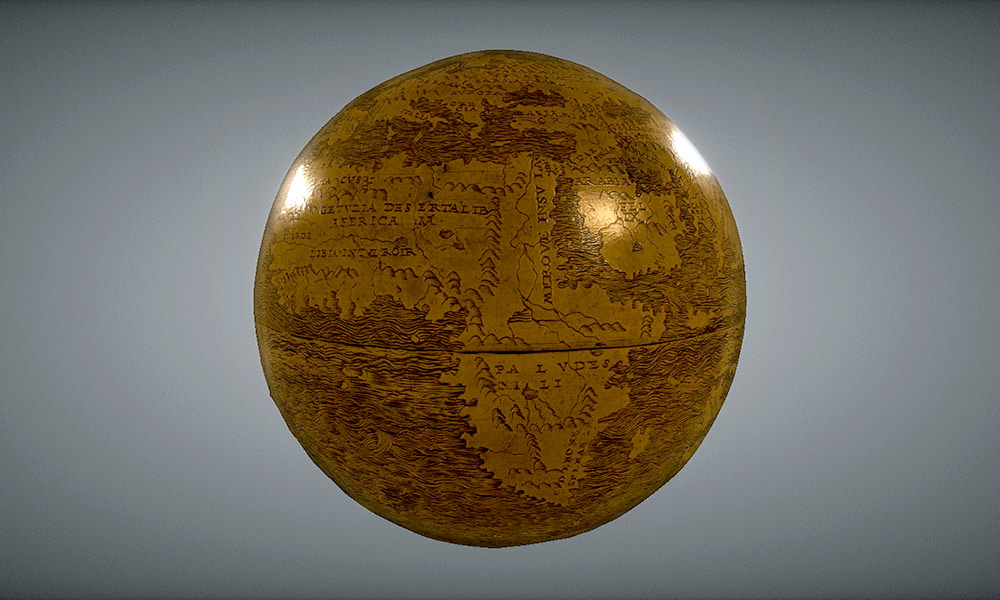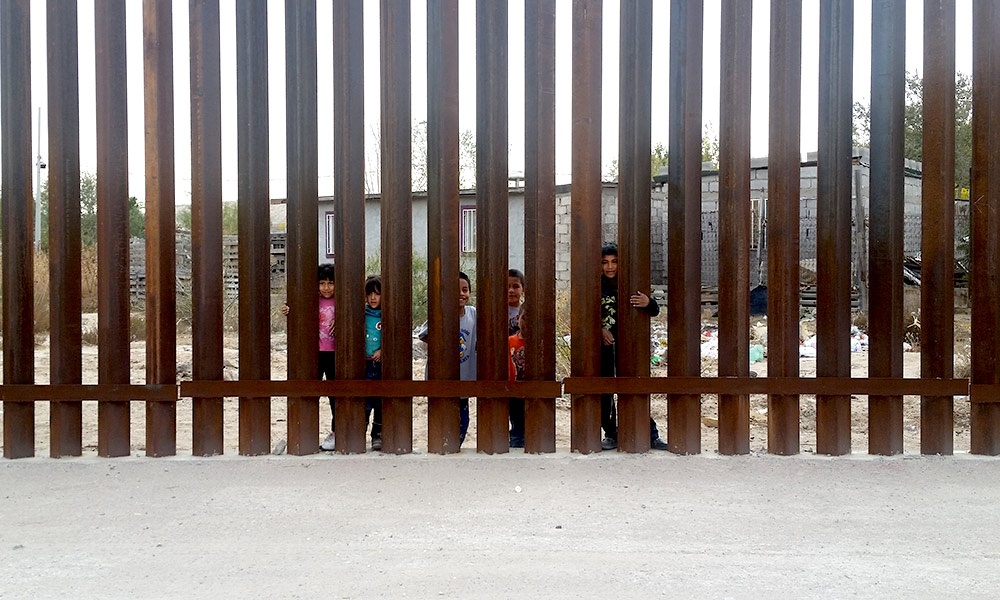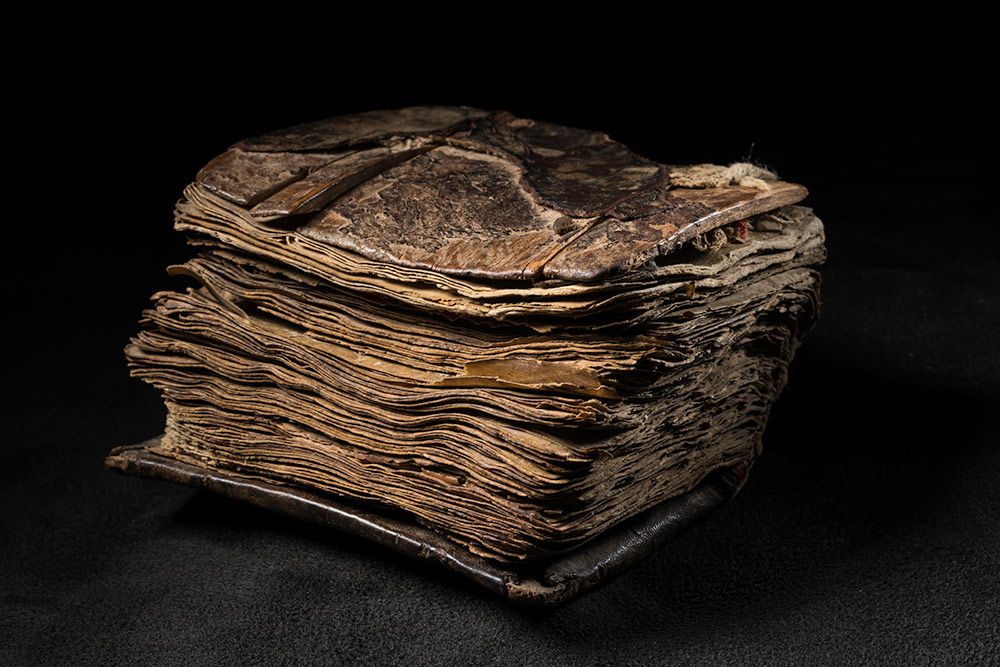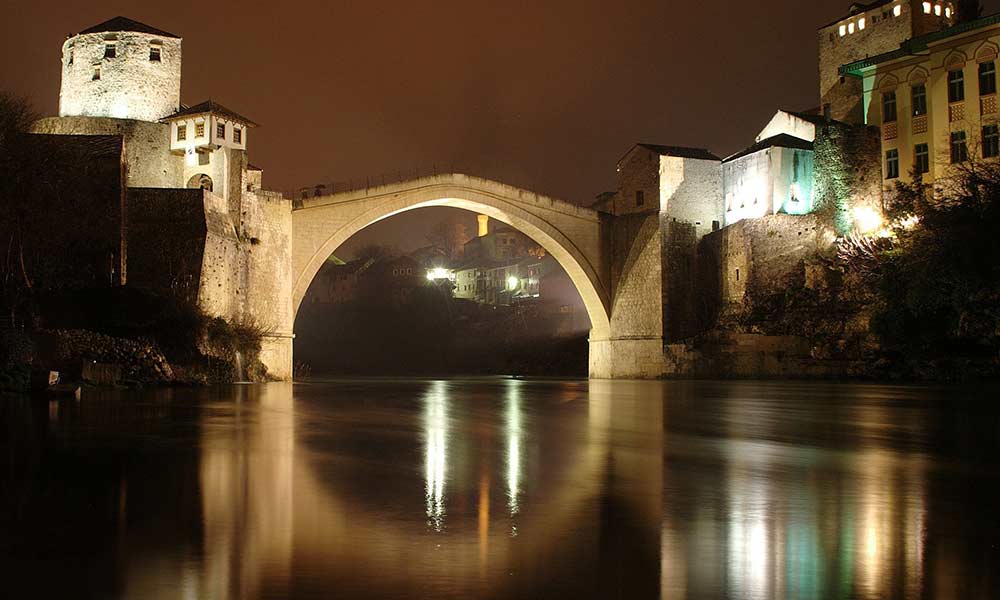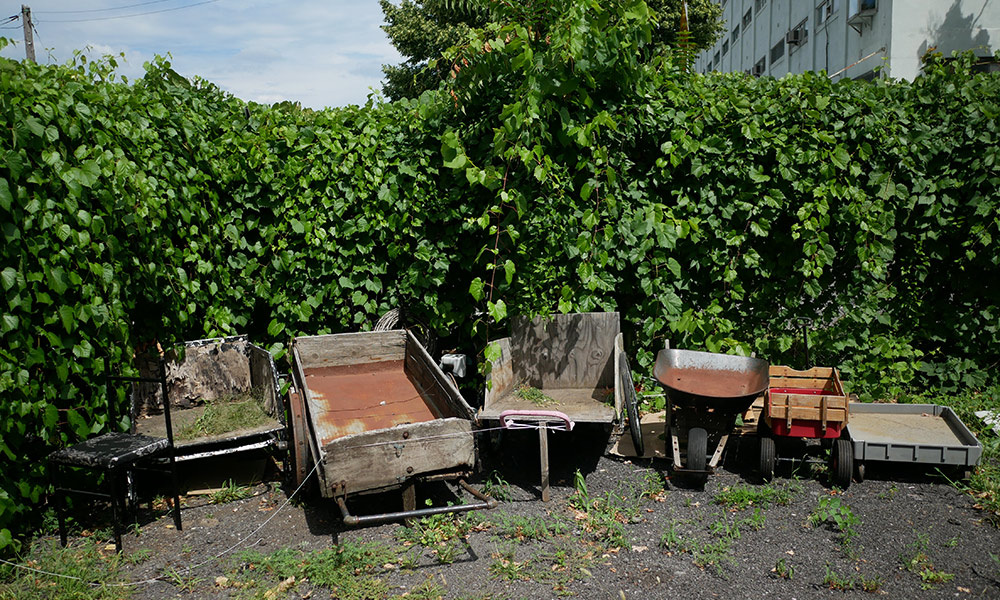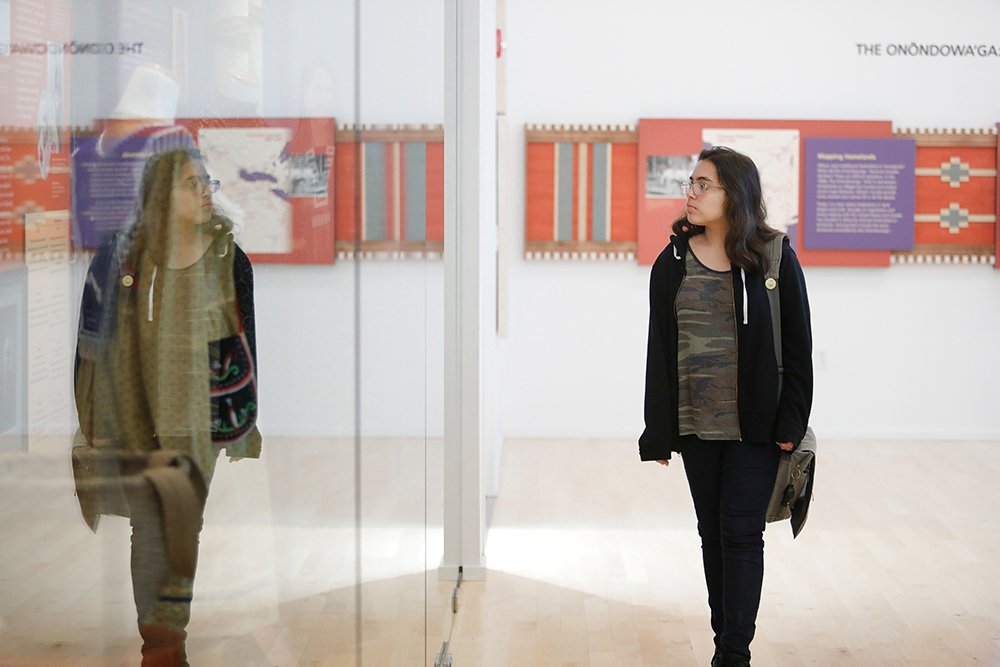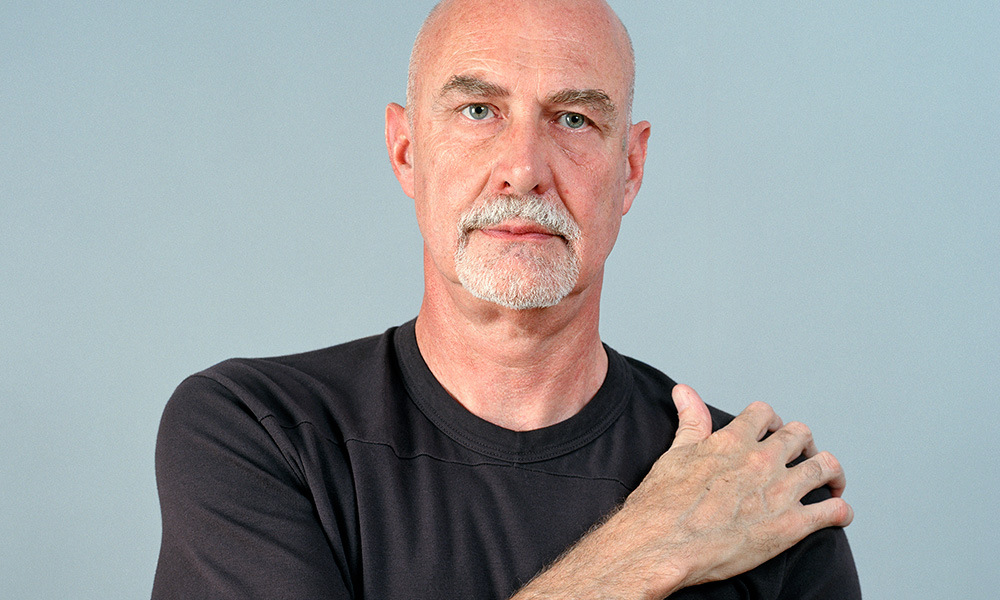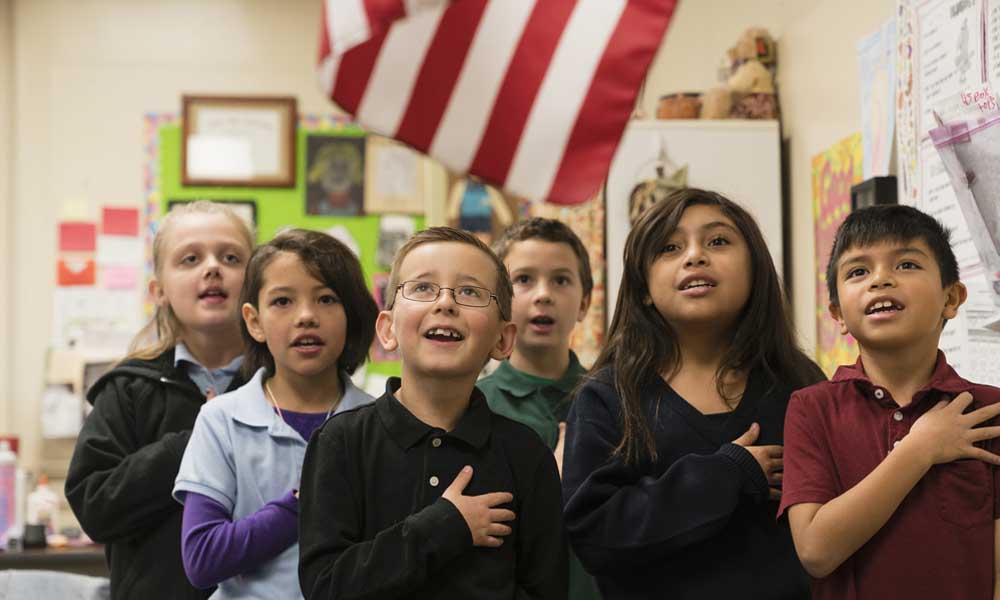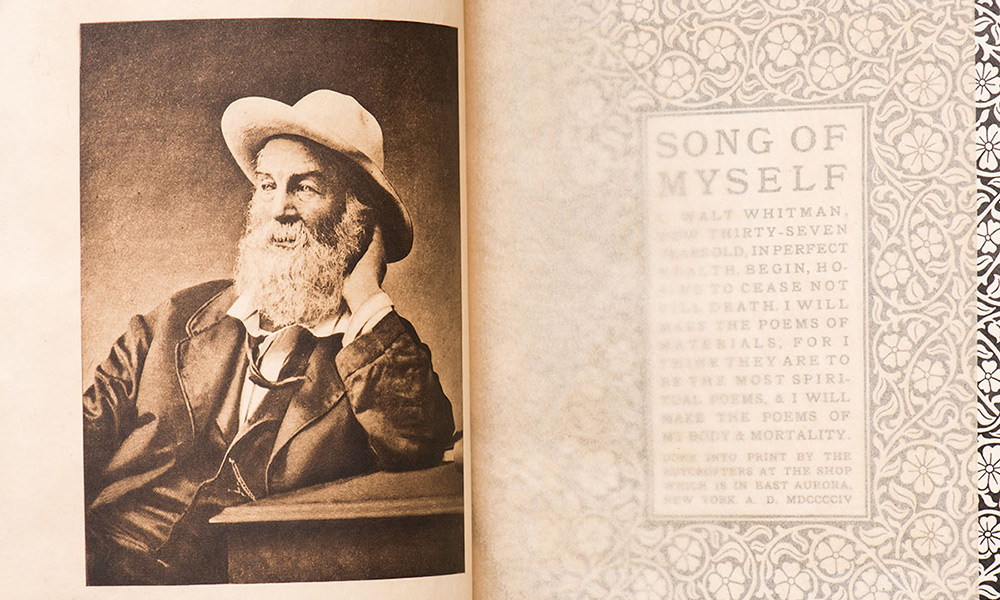Society & Culture
Multispectral imaging unlocks a Smithsonian treasure’s secrets
January 23, 2020
This tiny book was acquired by the Smithsonian in 1925. It’s made up of 147 folios of parchment, or treated animal hide, stitched together. The “over text”—the visible text—is of an Armenian prayer book, suspected to date from the 15th century. But there is also an “under text”—a work that was erased to recycle the parchment for the over text. The Smithsonian has turned to University of Rochester professor Gregory Heyworth and his Lazarus Project to help solve the mystery of what that long-ago effaced text might be.



